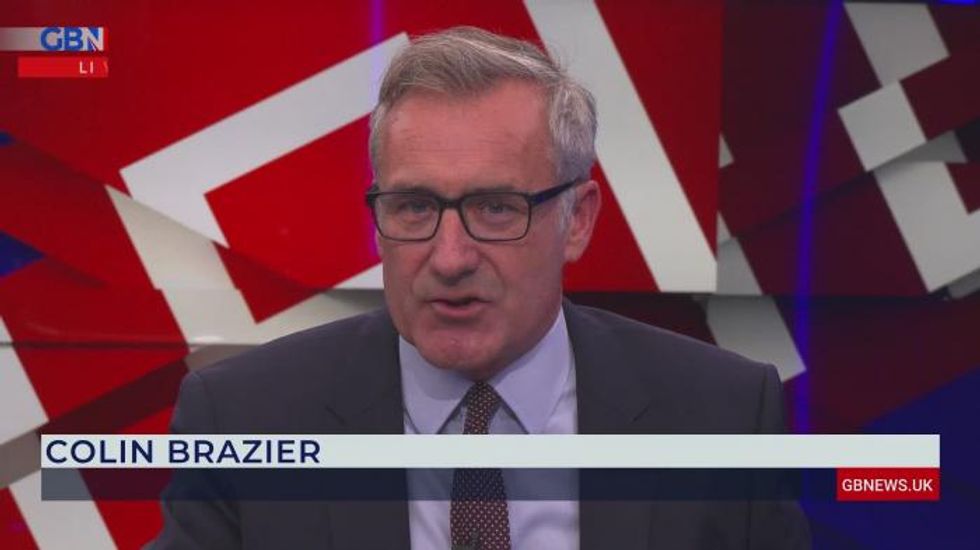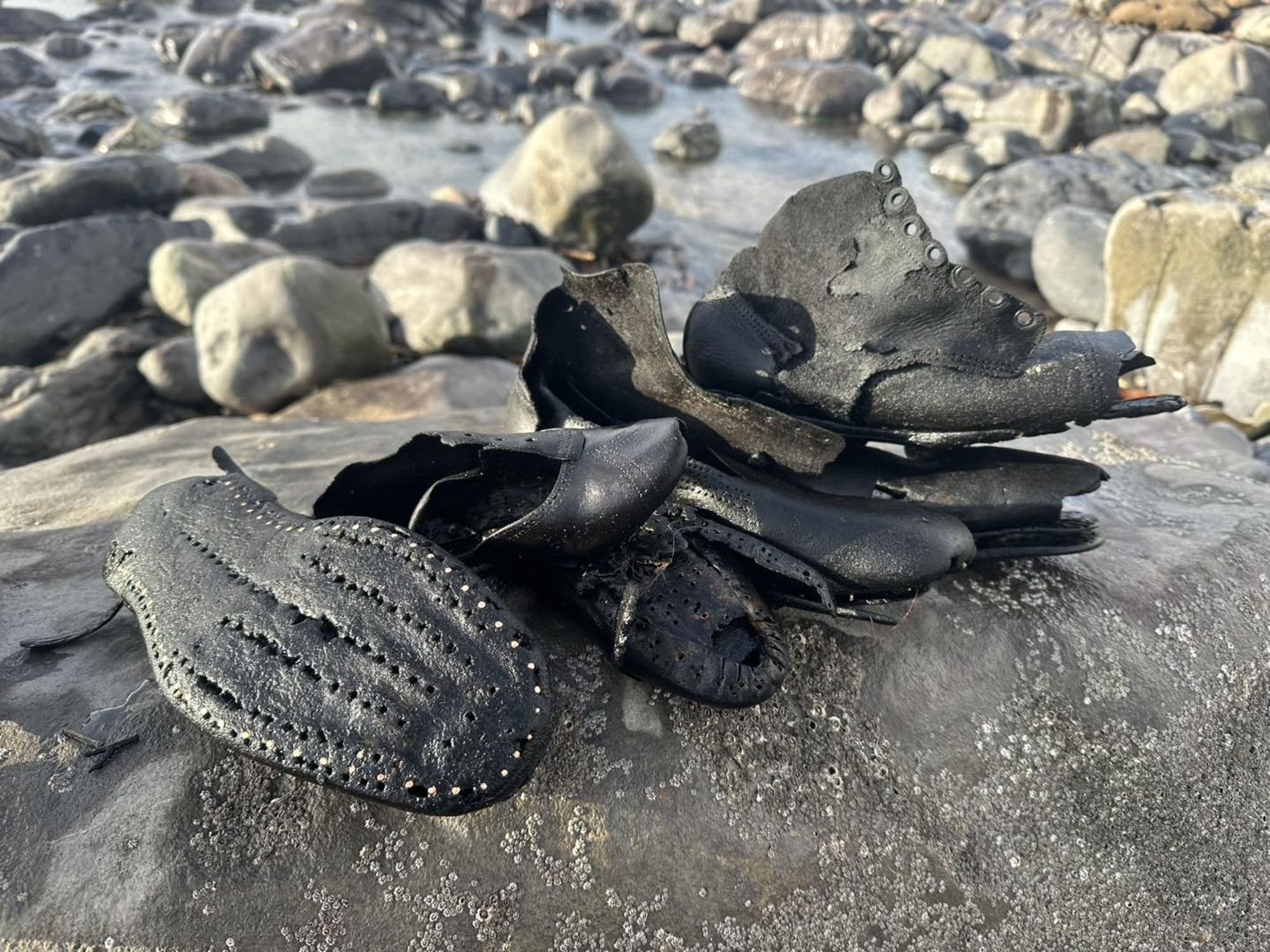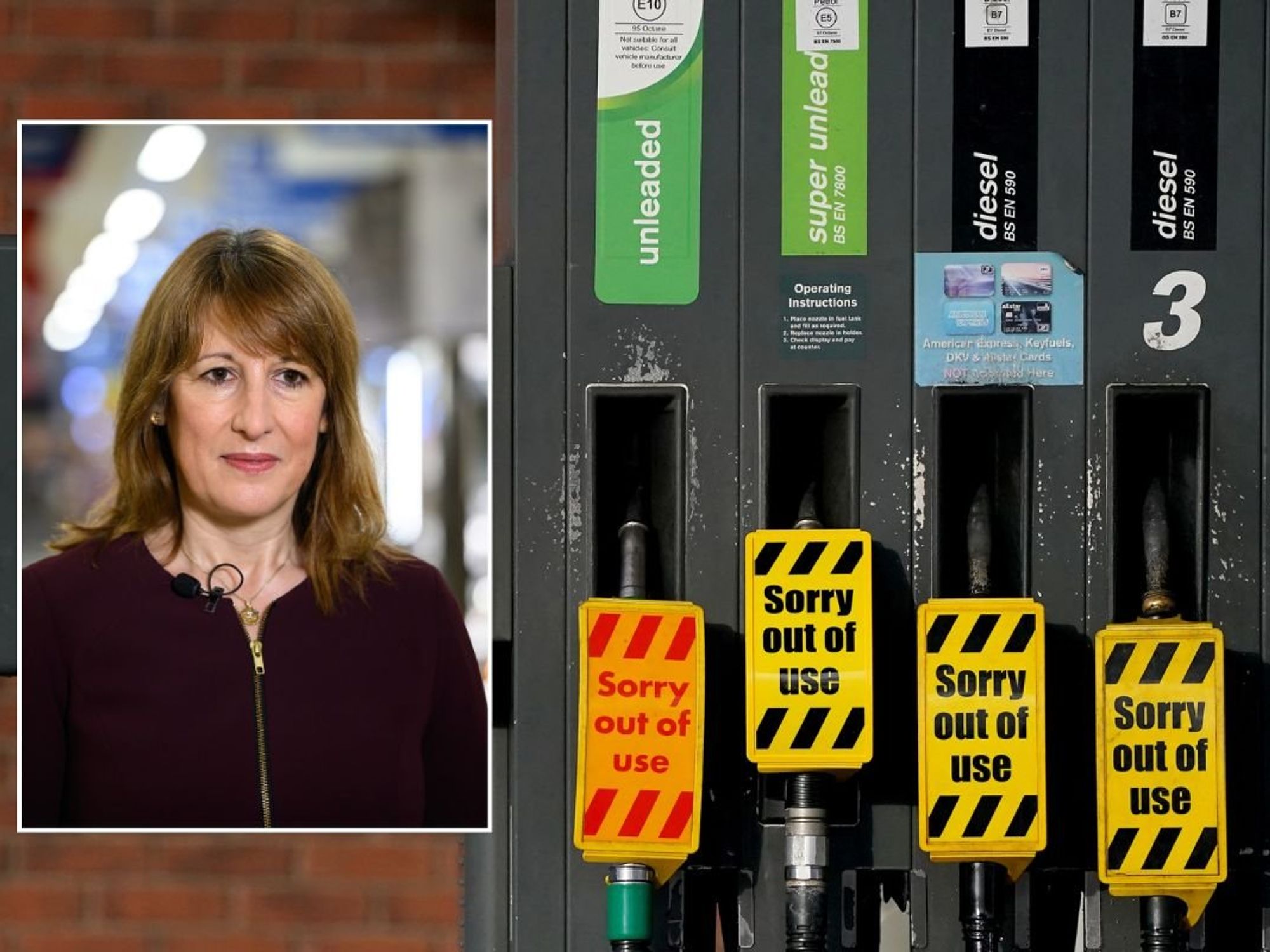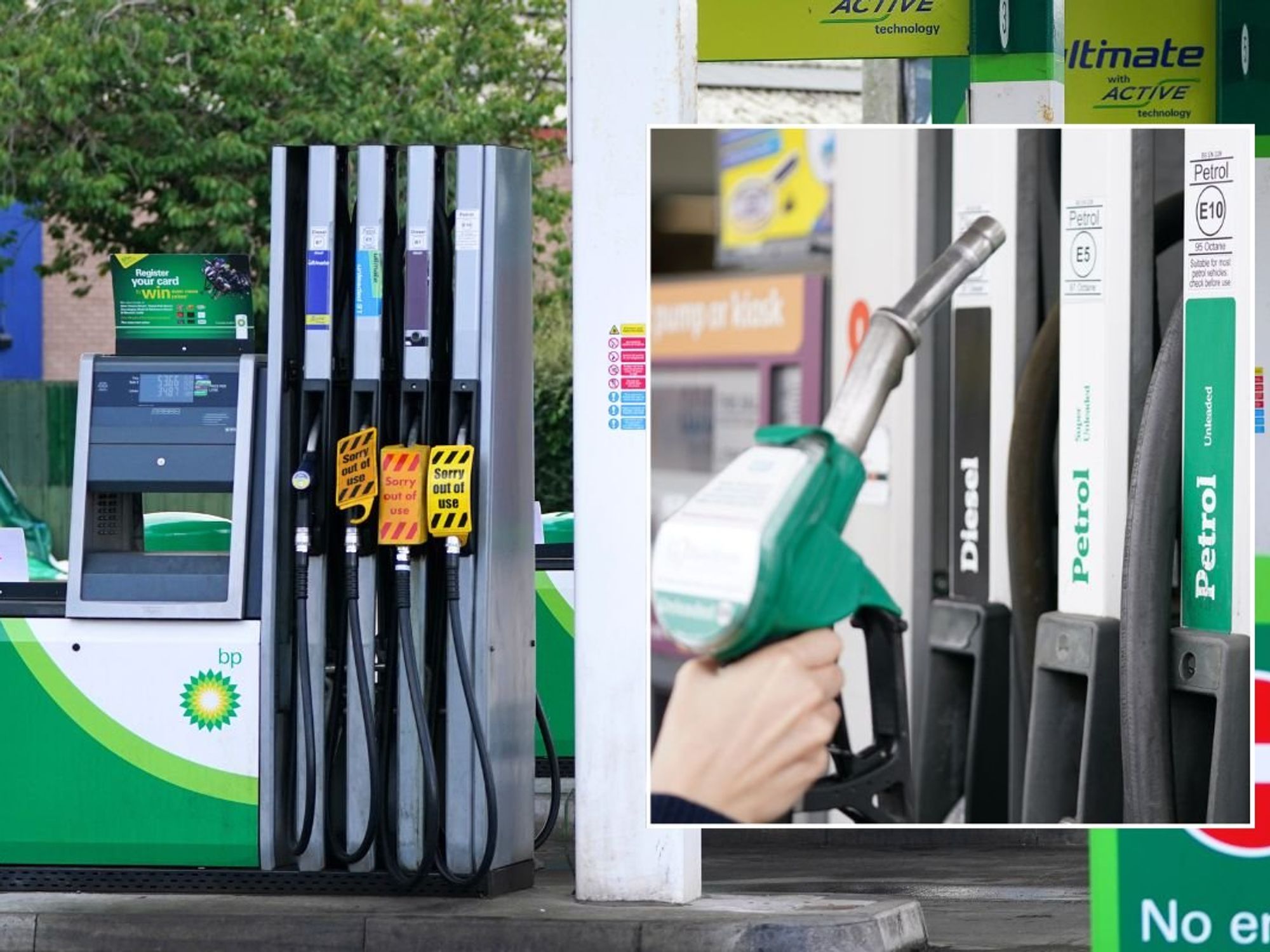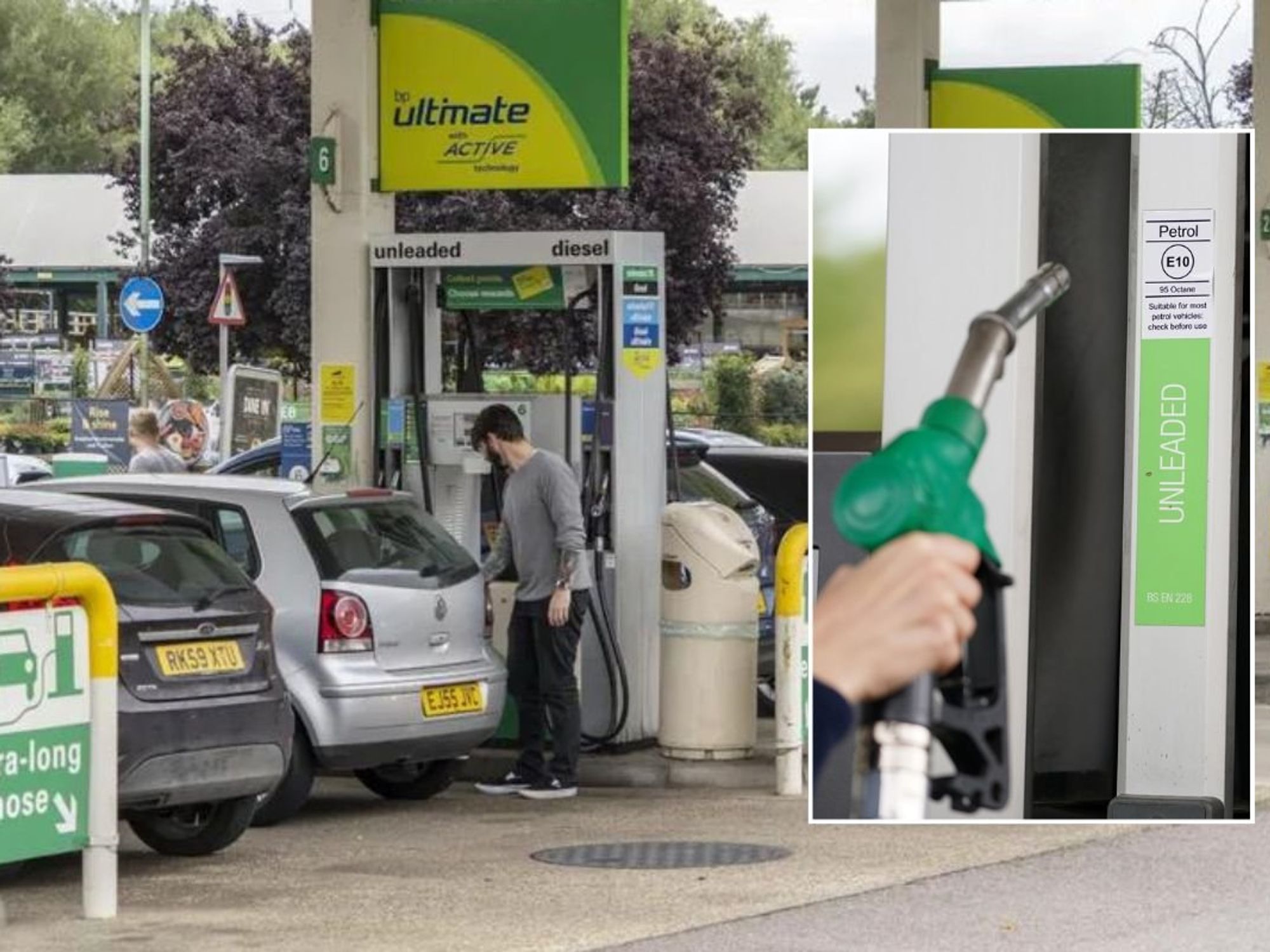Colin Brazer: Britain needs to show the far-sightedness and low-cunning that characterises Chinese state policy

By Colin Brazier
Published: 01/07/2021
- 20:02Updated: 01/07/2021
- 20:26Nissan's Sunderland factory announcement isn’t just about making electric cars – it’s also about a massive new battery factory to power those vehicles. And for that, we need to stop our reliance on China processing rare earth metals.
Don't Miss
Most Read
Latest
Three cheers for Nissan and rejoicing in Sunderland. Thousands of skilled jobs in an area that still needs them. A boost for Britain and a slap in the face for those who said motor manufacturing was finished on our island, post-Brexit.
But once the applause at today’s announcement of a Gigafactory on Wearside fades, there’s something we need to think really hard about. And it’s going to involve some very hard choices for all of us.
It’s all about batteries. Not the little ones in the back of your remote control. The big ones, that power cars.
The economics are simple. There’s huge and growing demand. We in the UK, for instance, are committed to no more new diesel and petrol vehicles by 2030 – nine years from now.
Sunderland will be doing its bit. Which is why today’s announcement isn’t just about making electric cars – it’s also about a massive new battery factory to power those vehicles. The cars need batteries. And the batteries…. need rare earth metals.
And this is our problem. Last year a group of eminent scientists said the gap in Britain between the batteries we can make, and how many we want is gigantic. Ludicrously, unachievably, vast.
To make all the batteries we want, Britain would need almost twice the world’s current supply of cobalt, all the neo-dimium currently made globally and three quarters of all the lithium mined on earth. Oh and at least half of all its copper. In other words, forget it.
You may ask - why didn’t we see this coming. Well some did. China did. It’s communist leadership famously thinks decades ahead and thinks nothing of buying up large swatches of the developing world.
Most of the cobalt on earth, for instance, is in the Congo and, for all the billions of tax-payers’s cash we’ve thrown at Africa in the form of foreign aid, it’s China and its intermediaries who’ve cornered the Congolese market.
China’s also thought ahead, not just about mining, but the next step – the processing. China refines a third of the world’s nickel and two thirds of its lithium and cobalt.
A few weeks ago the International Energy Agency warned all western governments, ours included, that we need to start building up our stockpiles of rare earth metals. They’re particularly worried that China will turn off the tap if we have a falling out.
Surely that nice Xi Jinping, who many of us remember quaffing a beer alongside China-friendly David Cameron in an Oxfordshire pub a few years back, wouldn’t hold us to ransom over batteries.
Today, at an event to mark the centenary of the Chinese communist party, Xi Jinping told delegates anyone who tried to influence his country would “have their heads bashed bloody against a Great Wall of steel.”
We need our own rare earth metals. And this is where the tough choices come in. We need to recycle more of what we already possess. That will please the environmentalists. But we also need to sink new lithium mines in Cornwall, where we have our own deposits. That will upset environmentalists.
We need to stop our reliance on China processing rare earth metals. And to do that we must take a leaf from their book and find the raw materials. And if that means making foreign aid conditional on allowing Britain in to mine, then so be it. If we want a green battery revolution and see more electric car success stories like the one in Sunderland, then we might just need to show some of the far-sightedness and low-cunning that characterises Chinese state policy.


